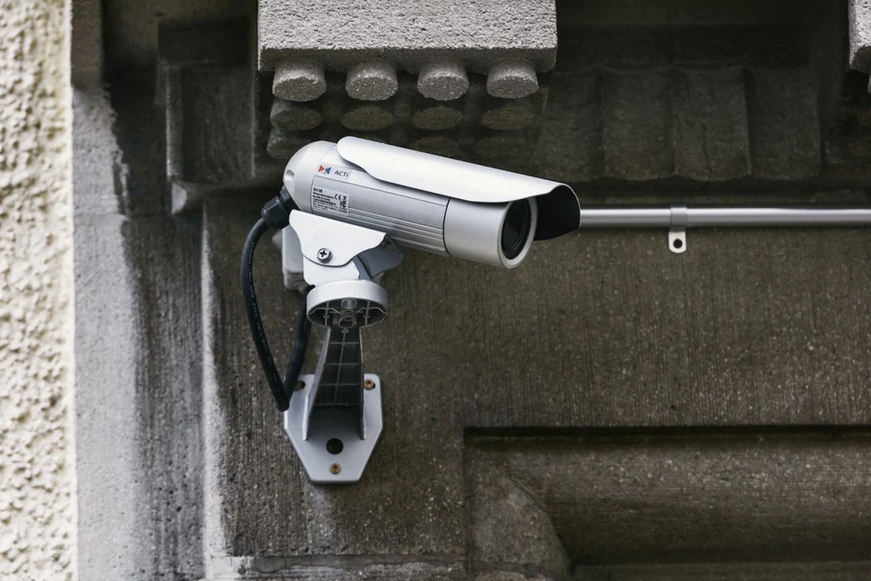
The hackers said they wanted to raise awareness about mass surveillance © Keystone / Christian Beutler
Swiss authorities on Monday confirmed a police raid at the home of a Swiss hacker who took credit for helping to break into a US security-camera company’s online networks, part of what the hacker cited as an effort to raise awareness about the dangers of mass surveillance.
The Federal Office of Justice said regional police in central Lucerne, acting on a legal assistance request from US authorities, on Friday carried out a house search involving a group of activist hackers using the name Tillie Kottmann.
The hacker said electronic devices were seized during the raid. The Swiss office declined to specify the location or comment further, referring all questions to “the relevant US authority”.
The FBI said in a statement on Friday it was “aware of the law enforcement activity conducted in Switzerland” but had no further comment.
The group of “hacktivists” say they were able to peer into hospitals, schools, factories, jails and corporate offices for much of Monday and Tuesday last week after gaining access to the systems of California start-up Verkada. They said the action was aimed at raising awareness about mass surveillance.
Verkada later locked them out by disabling all internal administrator accounts that the hackers had accessed using valid credentials found online. The company alerted law enforcement and its customers.
Confiscated
Kottmann said the raid wasn’t specifically about the Verkada hack but was tied to an earlier FBI investigation. Kottmann had previously taken credit for other hacks, including one affecting US chipmaker Intel last year.
“My apartment was raided by local police this morning 7am my time and all my electronic devices have been confiscated on request of the US department of justice,” said a post from someone using the name Tillie Kottmann on the social media site Mastodon.
Kottmann didn’t immediately return AP requests for comment.
Verkada, based in San Mateo, California, has pitched its cloud-based surveillance service as part of the next generation of workplace security. Its software detects when people are in the camera’s view, and a “Person History” feature enables customers to recognise and track individual faces and other attributes, such as clothing colour and likely gender. Not all customers use the facial recognition feature.
Full story here Are you the author? Previous post See more for Next postTags: Featured,Latest news,newsletter































